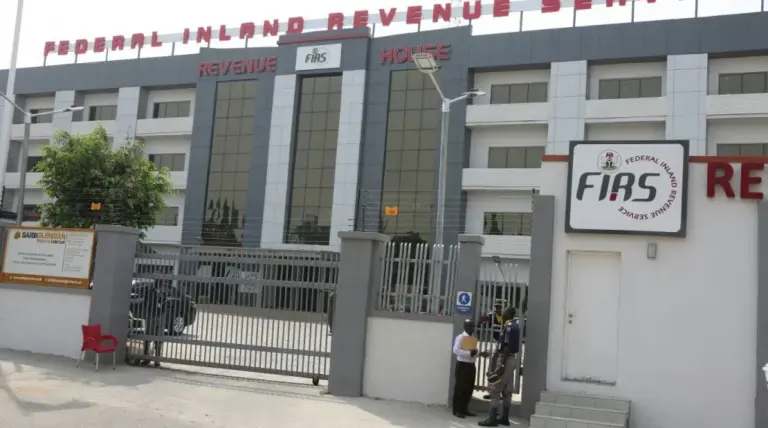Nigeria is losing tens of billions of dollars each year to illicit financial flows (IFFs), with the bulk of the losses coming from commercial activities disguised as legitimate transactions, according to Professor Bolaji Owasanoye, SAN, Coordinating Director of the Proceeds of Crime Management and Illicit Financial Flows Coordination Directorate at the Federal Inland Revenue Service (FIRS).
Speaking after the National Conference on Illicit Financial Flows, held in Abuja on 22–23 July 2025, Owasanoye — a former chairman of the Independent Corrupt Practices and Other Related Offences Commission (ICPC) — warned that IFFs are robbing Nigeria of vital tax revenue needed for economic growth and national development.
“Tax revenue remains the most reliable funding source for government programmes,” he said. “Illicit financial flows erode this foundation, and without understanding how they operate, the public cannot fully grasp the damage done to the country’s economic prospects.”
The Commercial Loophole
While corruption and criminal transactions draw the most attention, Owasanoye explained that they account for just over 30% of Nigeria’s losses. The remaining 60% comes from commercial activities — many conducted by corporations exploiting legal and accounting loopholes to move profits offshore and shrink taxable income.
Examples include under-invoicing imports to reduce duties or under-reporting exports to keep foreign earnings abroad. Multinational conglomerates, he added, often shift profits between subsidiaries in different countries to avoid paying taxes where the real economic activity takes place.
“This kind of aggressive tax planning not only undermines revenue but also leaves countries unable to fund environmental and social costs arising from business operations,” he noted.
$80 Billion a Year
A 2015 African Union report, led by former South African president Thabo Mbeki, estimated Africa loses around $80 billion annually to IFFs, with Nigeria accounting for a significant share. Despite FIRS’ existing measures — such as transfer pricing regulations and participation in the OECD’s Base Erosion and Profit Shifting (BEPS) framework — accurate national data on the scale of losses remains elusive.
To address this, the conference called for stronger collaboration between government agencies, including Customs, tax authorities, and anti-corruption bodies. The FIRS is also leading the National Single Window initiative to centralise trade and tax data.
Gaps in the Law
Current laws like the Money Laundering (Prohibition) Act 2022 and anti-terrorism financing measures help, but do not cover every loophole. Owasanoye highlighted the absence of laws specifically criminalising falsification of trade records — a common tool for trade-based money laundering.
Although FIRS is a law enforcement agency with prosecution powers under the Tax Administration Act, it prefers to prioritise compliance and voluntary payment over aggressive enforcement. However, he warned, “This does not mean we cannot bite when necessary.”
Media, Professionals, and Global Cooperation
The FIRS director underscored the media’s vital role, citing global investigative efforts like the Panama Papers. He also acknowledged Nigeria’s active leadership in international tax discussions at the United Nations and African Union, including advocacy for a multilateral tax treaty.
Professional service providers — such as lawyers, accountants, and real estate agents — have also been flagged globally as facilitators of IFFs. While some Nigerian professional bodies have resisted stricter compliance rules, Owasanoye stressed that they must act swiftly to discipline members who aid capital flight.
The Way Forward
Owasanoye believes the fight against IFFs must start with building expertise within FIRS, strengthening data-sharing among agencies, and closing legislative gaps. With stronger political will and coordinated enforcement, Nigeria can significantly reduce revenue leakages and rely less on foreign aid and borrowing.
“If the world fails to deal with illicit financial flows, developing countries with abundant resources will remain dependent on external assistance,” he warned.

